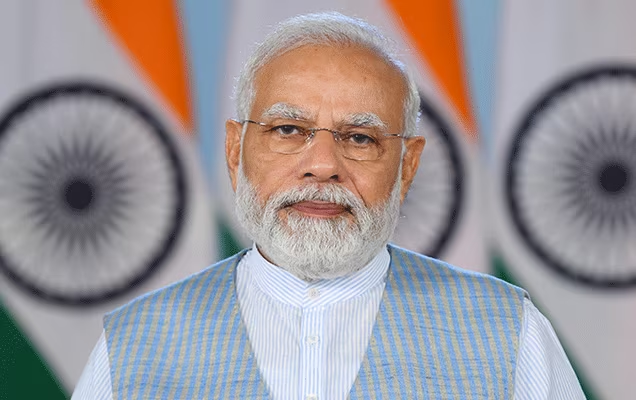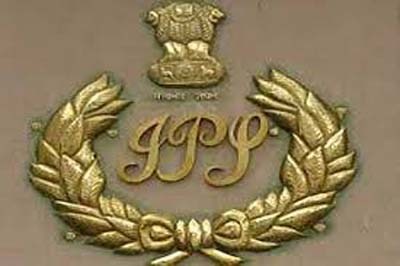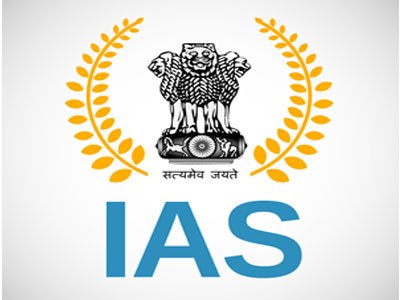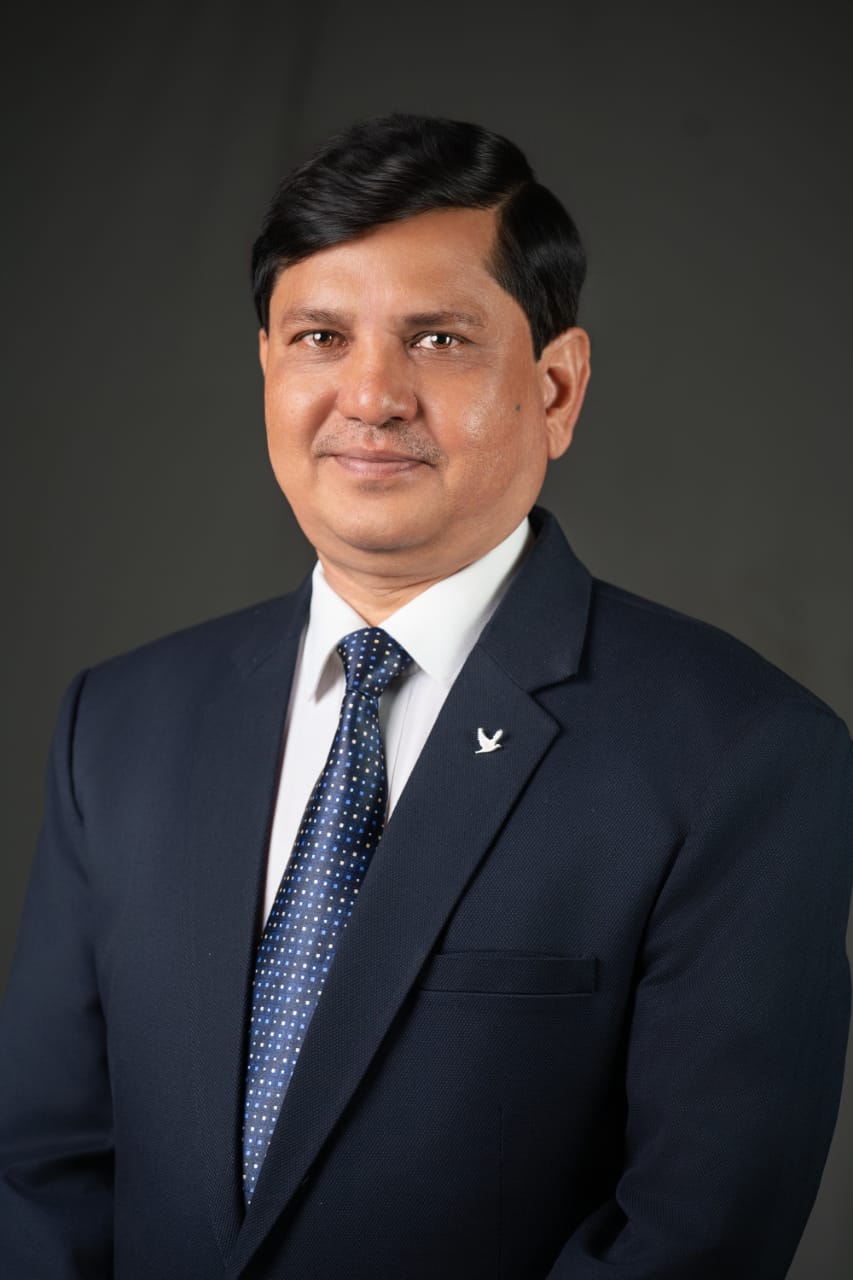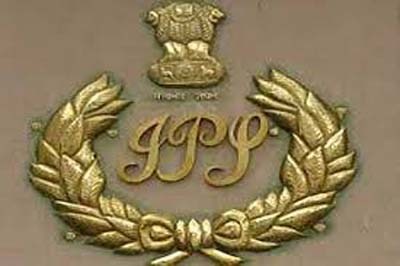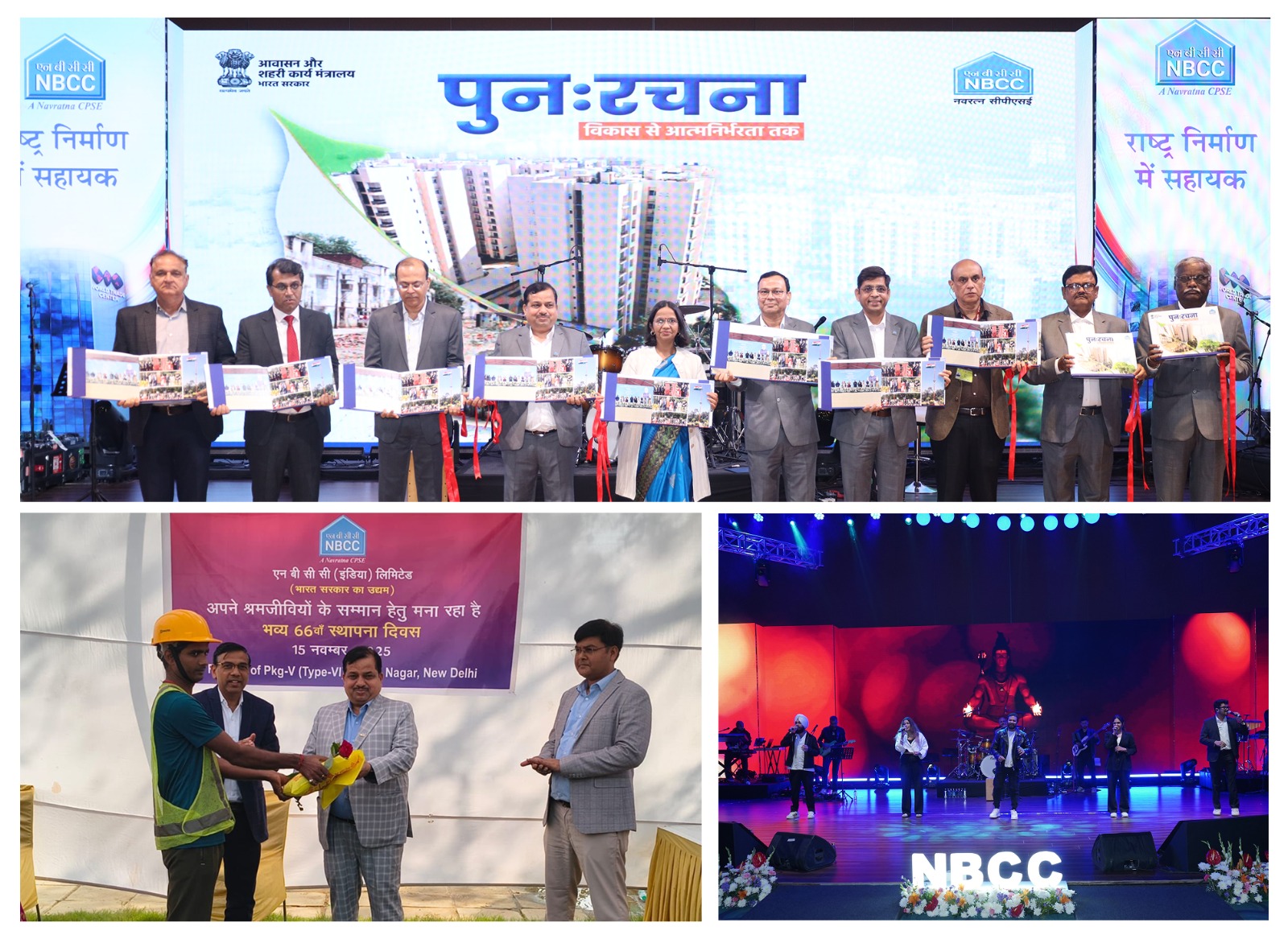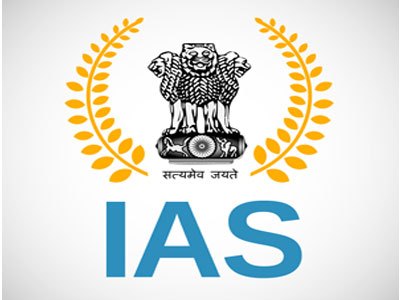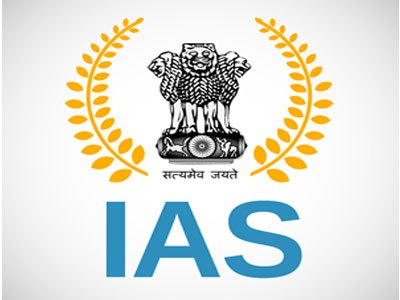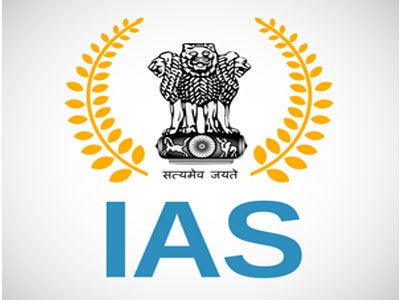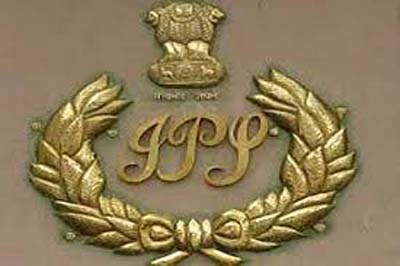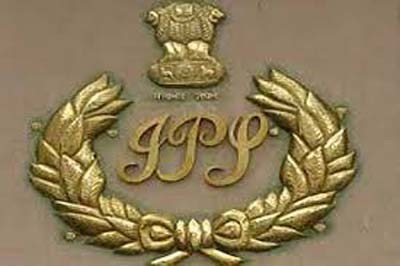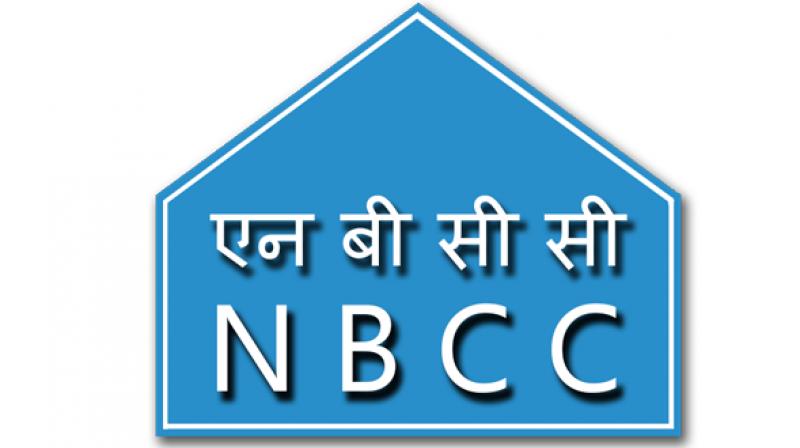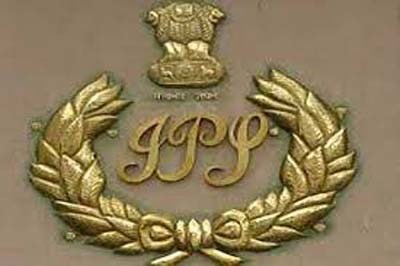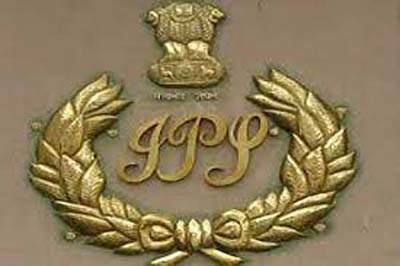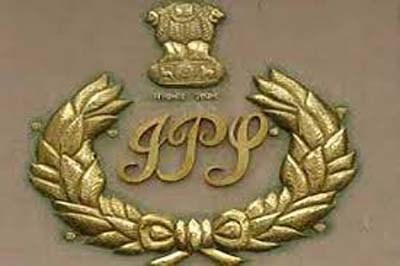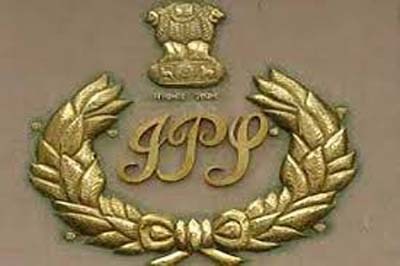Narendra Modi addressed the International Conference on Gyan Bharatam in Vigyan Bhawan, New Delhi today. Addressing the gathering on the occasion, the Prime Minister remarked that Vigyan Bhavan is today witnessing the resurgence of India’s golden past. He highlighted that only a few days ago, he had announced the Gyan Bharatam Mission and within such a short span, the Gyan Bharatam International Conference was being organized. Shri Modi informed that the portal associated with the mission has also been launched. Stating that this is not a government or academic event, the Prime Minister emphasised that the Gyan Bharatam Mission is set to become a proclamation of India’s culture, literature, and consciousness. He reflected on the contemplative legacy of thousands of generations. He acknowledged the wisdom and research of India’s great sages, acharyas, and scholars, underlining India’s knowledge, traditions and scientific heritage. Shri Modi stated that through the Gyan Bharatam Mission, these legacies are being digitized. He extended congratulations to all citizens for this mission and conveyed his best wishes to the entire Gyan Bharatam team and the Ministry of Culture.
Stating that viewing a manuscript feels akin to time travel, Shri Modi reflected on the vast difference between present-day conditions and those of the past. He noted that today, with the help of keyboards, we are able to write extensively with the convenience of delete and correction options and through printers, thousands of copies of a single page can be produced. Urging the audience to imagine the world of centuries ago, the Prime Minister emphasised that modern material resources were not available at that time and our ancestors had to rely solely on intellectual resources. He highlighted the meticulous attention required while writing each letter. Underlining the immense effort involved in creating each scripture, Shri Modi noted that even in those times, the people of India built grand libraries that became global centers of knowledge. The Prime Minister affirmed that India still possesses the world’s largest manuscript collection and emphasised that there are approximately one crore manuscripts in India’s possession.
Highlighting that millions of manuscripts were destroyed and lost in the cruel tides of history, Shri Modi emphasized that the surviving manuscripts stand as testimony to the profound dedication of our ancestors towards knowledge, science, reading, and learning. Noting the fragility of scriptures written on bhojpatra and palm leaves and the threat of metal corrosion in words inscribed on copper plates, the Prime Minister remarked that despite these challenges, our ancestors revered words as divine and served them with the spirit of ‘Akshar Brahma Bhav’. He stated that generation after generation, families preserved these scriptures and manuscripts with care, underlining the immense reverence for knowledge. Shri Modi acknowledged the concern for future generations, emphasizing the sense of responsibility towards society. He affirmed the spirit of devotion towards the nation, stating that where a greater example of such commitment could be found.
“India’s knowledge tradition remains rich to this day because it is built on four foundational pillars of Preservation, Innovation, Addition, and Adaptation”, exclaimed the Prime Minister. Elaborating on the first pillar—Preservation, Shri Modi noted that the Vedas, India’s most ancient scriptures, are considered the foundation of Indian culture. Affirming that the Vedas are supreme, he explained that earlier, the Vedas were passed down to the next generation through oral tradition—‘Shruti’. He emphasized that for thousands of years, the Vedas were preserved with complete authenticity and without error. The Prime Minister then spoke about the second pillar—Innovation, highlighting that India continuously innovated in Ayurveda, Vastu Shastra, Jyotish, and metallurgy. He remarked that each generation advanced beyond the previous one and made ancient knowledge more scientific. He cited texts like Surya Siddhanta and Varahamihira Samhita as examples of continuous scholarly contributions and the addition of new knowledge. Discussing the third pillar—Addition, Shri Modi explained that every generation not only preserved old knowledge but also contributed new insights. He cited the example that after the original Valmiki Ramayana, many other Ramayanas were composed. He mentioned texts like Ramcharitmanas that emerged from this tradition, while commentaries were written on the Vedas and Upanishads. He highlighted that Indian acharyas offered interpretations such as Dvaita and Advaita.
Deliberating the fourth pillar of India’s knowledge tradition - adaptation, the Prime Minister explained that over time, India engaged in self-introspection and made necessary changes. He emphasized the importance placed on discussions and the continuation of the tradition of Shastrarth. He noted that society discarded outdated ideas and embraced new ones. Shri Modi remarked that during the medieval period, when various social evils emerged, eminent figures arose who awakened societal consciousness. He highlighted that these individuals preserved and safeguarded India’s intellectual heritage.
“Unlike modern notions of nationhood, India possesses a distinct cultural identity, its own consciousness, and its own soul”, stated the Prime Minister, emphasising that India’s history is not merely a record of dynastic victories and defeats. He noted that while the geography of princely states and kingdoms has changed over time, India has remained intact from the Himalayas to the Indian Ocean. He affirmed that India is a living stream, shaped by its thoughts, ideals, and values. “India’s ancient manuscripts reflect the continuous flow of this civilizational journey”, exclaimed Shri Modi, stating that these manuscripts are also declarations of unity in diversity. He informed that manuscripts exist in nearly 80 languages across the country. He listed Sanskrit, Prakrit, Assamese, Bengali, Kannada, Kashmiri, Konkani, Maithili, Malayalam, and Marathi among the many languages in which India’s vast ocean of knowledge is preserved. Highlighting that the Gilgit manuscripts provide authentic historical insights into Kashmir, the Prime Minister noted that the manuscript of Kautilya’s Arthashastra reveals India’s deep understanding of political science and economics. He stated that Acharya Bhadrabahu’s Kalpasutra manuscript safeguards the ancient wisdom of Jainism and the manuscripts from Sarnath contain the teachings of Lord Buddha. He further emphasized that manuscripts like Rasamanjari and Geetgovind have preserved the diverse hues of devotion, beauty, and literature.
